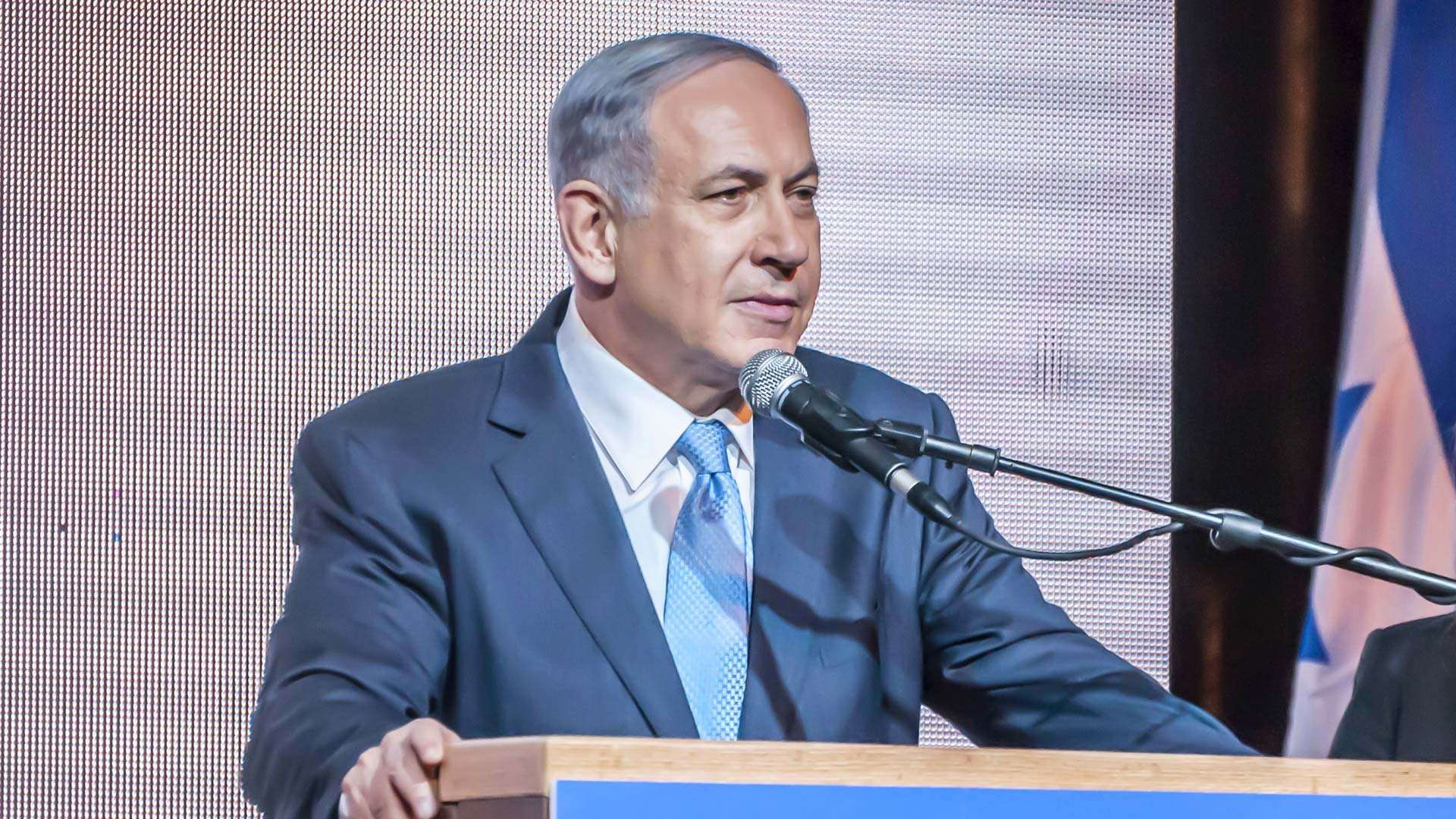Prime Minister Netanyahu has suddenly shifted the goal posts and his political future may depend on how his imaginative and daring initiative shapes up.
Over the past two years in what is effectively the one election cycle being played out now for the fourth time, I have continuously described the Israeli elections being, in the main, about one issue or more specifically, one person. Better being described as the two sides of that one person—Prime Minister Netanyahu the statesman versus Bibi the person.
In the main that meant being about Netanyahu’s external policy and achievements with his profile and influence on the world stage as opposed to his legal troubles, character and internal policy paralysis at home.
This time against the background now of his and Israel’s major foreign policy triumphs—normalisation with four Arab countries—ironically, these are hardly a factor in the elections due on the 23rd of March.
Absent some major moves on the Iranian front, or actions by Iran’s proxies—it’s all about Bibi the man and in parallel, Covid.
In Israel there is a great concern around the rising numbers of deaths and about the economic destruction, that occupies people’s lives and minds.
Whilst the polls to date show it will be difficult for Netanyahu to win, they do not show an easier path for anyone else.
Netanyahu has turned his statesmanship and leadership skills to internal issues and produced a bold plan that is both sweeping and grand.
For the first time, in this fourth election in the cycle when we refer to the Netanyahu versus Bibi paradigm, we are not talking about foreign policy versus internal issues. Just internal issues.
Israel’s governmental dysfunction has meant that there has not been a rational, unified and manageable Covid policy and with Israel now in yet another lockdown.
the success or otherwise of the vaccine will potentially determine Netanyahu’s political and legal future
Re-enter the newly energised and focussed Netanyahu. The statesman and leader skill set, with his visionary policy.
That is, for Israel to be the first country in the world to be as close to fully vaccinated against Covid as possible.
Not to just deal with the pandemic, but to defeat it!!
With a relatively small population of just over 9 million, a nationalised health care system and logistical first world ability, Netanyahu effectively sold the proposition to Pfizer, that Israel, to put it crudely, could be the world’s biggest vaccine test case.
That Israel could be ‘the light unto the nations’ and that other countries would be able to be encouraged to have greater confidence in the vaccine and to learn from the Israeli experience.
By the election date, barring unforeseen circumstances, most of Israel will be vaccinated.
Once again, Iran developments aside, the success or otherwise of the vaccine will potentially determine Netanyahu’s political and legal future.
The move to vaccinate the country—and to be the first in the world to do so—is all Netanyahu.
How people will feel about the future, whether they will already be forgetting 2020 if life will be returning to normal or can be seen to, will likely be a major factor in the coming elections.
In Israel, the general view of the body politic, even amongst those who vehemently oppose Netanyahu and who think him unfit for office, is not to reject any and all of his policies outright just because they come from him.
People can support his achievements and simultaneously believe his political time should end.
This however was not reflected in the USA when it came to President Trump.
We should be able to look at the positive things Trump and his administration have done for Israel and the Middle East and at the same time reserve the right to criticise him and especially decry the events of the dying days of his presidency which have been universally condemned and were shocking to observe.
Democracy was damaged, but perhaps no-one or nothing more than Trump himself.
Whilst Trump’s territorial plan for Israel and the Palestinians will likely be shelved as with previous president’s plans, Biden is unlikely to reverse the recognition of Jerusalem as Israel’s capital—something however Biden, nor perhaps any other president other than Trump, would themselves have initiated.
The Abraham Accords, arguably in a practical sense, even more important, have changed the Middle East forever.
And on Iran, Trump’s breaking of the very bad JCPOA agreement has meant that even if Biden will make a new deal with Iran, it is likely to be a better one than the one made by Obama.
Trump was a Middle East game changer.
And for this he should be recognised. Inside Israel, pre-election, people are moving from one party to another and new parties seem to pop up frequently. Perhaps most damaging to Netanyahu in one sense, is the defection by Ze’ev Elkin to Gideon Sa’ar’s new party. The dour Elkin was one of Netanyahu’s closest and staunchest allies and a true insider. The manner of his departure was particularly harsh with his condemnation and assessment of Netanyahu.
We will see if Elkin is the proverbial canary in the coal mine or not.
Whatever happens, the game post-election will be who is first asked to form a government? And then if it will be Netanyahu whose party is still polling ahead of all others, who will or will not join him?
So far, of the main potential coalition partners, Sa’ar has vowed to never join Netanyahu in government as Prime Minister, whereas Naphtali Bennett has been hedging his bets and refuses to state clearly one way or the other.
Has Sa’ar painted himself into a corner or is it a clever strategy to lead the anti-Netanyahu forces? We will know in due course.
In the meantime, Netanyahu has a double interest in seeing the vaccination program’s success against the pandemic—for the nation and for himself—and that is indeed a great motivation to see it succeed.












0 Comments